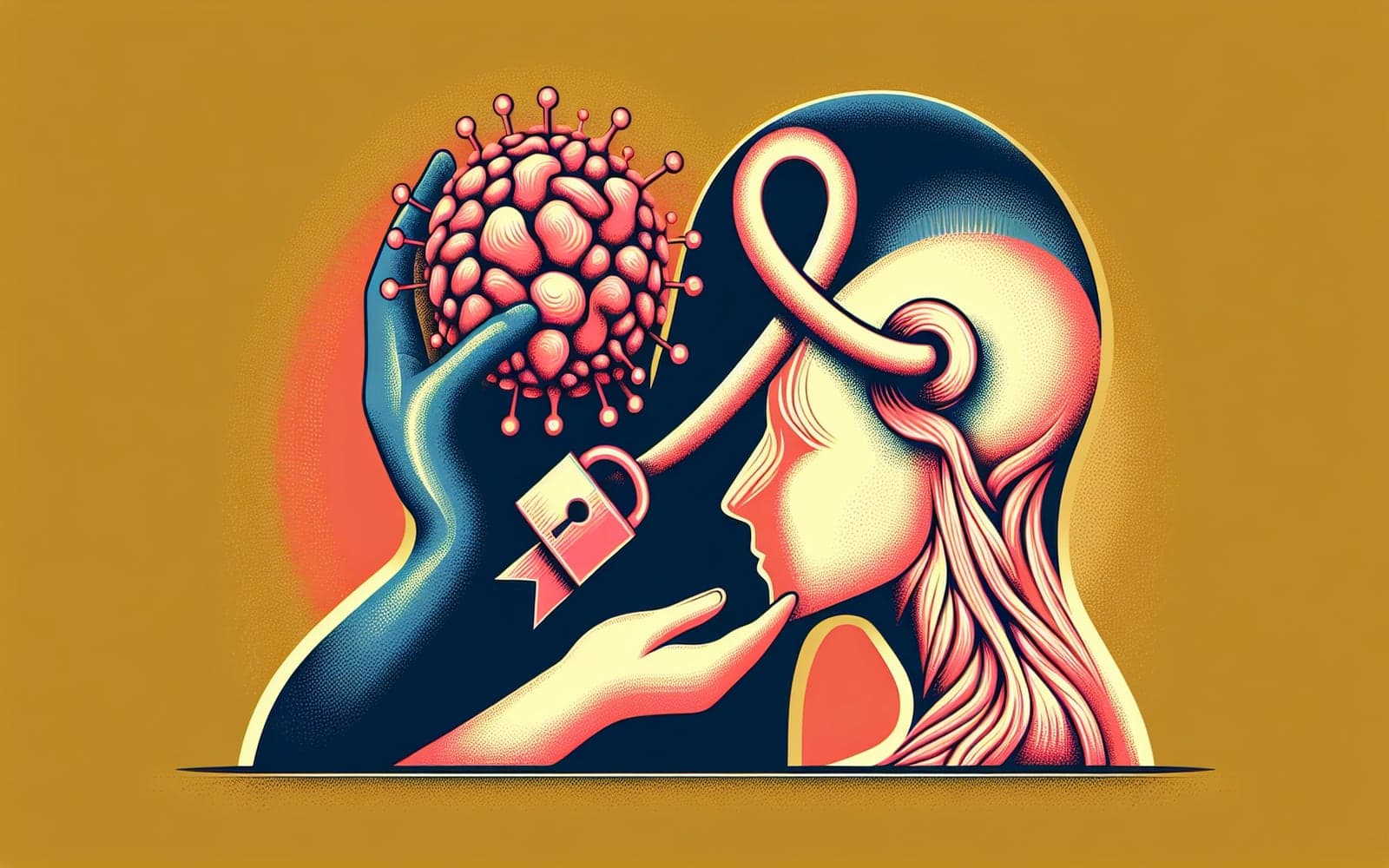Unlocking Relief: How Cancer Pain is Managed
Published: Apr 29, 2024
Managing cancer pain effectively is crucial for improving the quality of life for patients. Discover the strategies that can help alleviate this common yet complex symptom.
Contents
The Role of Medications
Medications are often the cornerstone of cancer pain management, including opioids for severe pain and co-analgesics for specific pain types. Proper use can significantly reduce discomfort, but underutilization remains a challenge.
Non-Drug Therapies: More Than Just Pills
Beyond medications, therapies like physical therapy, acupuncture, and cognitive behavioral therapy can offer relief. These approaches address pain from different angles, supporting overall well-being.

When Surgery Is an Option
In some cases, surgical interventions may be necessary to remove tumors or relieve pressure on nerves. This can provide significant pain relief and improve function, especially when other treatments are insufficient.
Frequently Asked Questions
They are additional medications used to enhance pain relief.
Yes, non-drug therapies can complement medication treatments.
It's considered when other treatments don't suffice.
Opioids are very effective for severe pain when used properly.
Key Takeaways
Effective cancer pain management requires a blend of strategies tailored to each patient.
Explore the best pain management options for you by consulting with Doctronic.Related Articles
References
Caraceni A, Shkodra M. Cancer Pain Assessment and Classification. Cancers (Basel) 2019; 11.
Reilly CM, Bruner DW, Mitchell SA, et al. A literature synthesis of symptom prevalence and severity in persons receiving active cancer treatment. Support Care Cancer 2013; 21:1525.
Always discuss health information with your healthcare provider.

